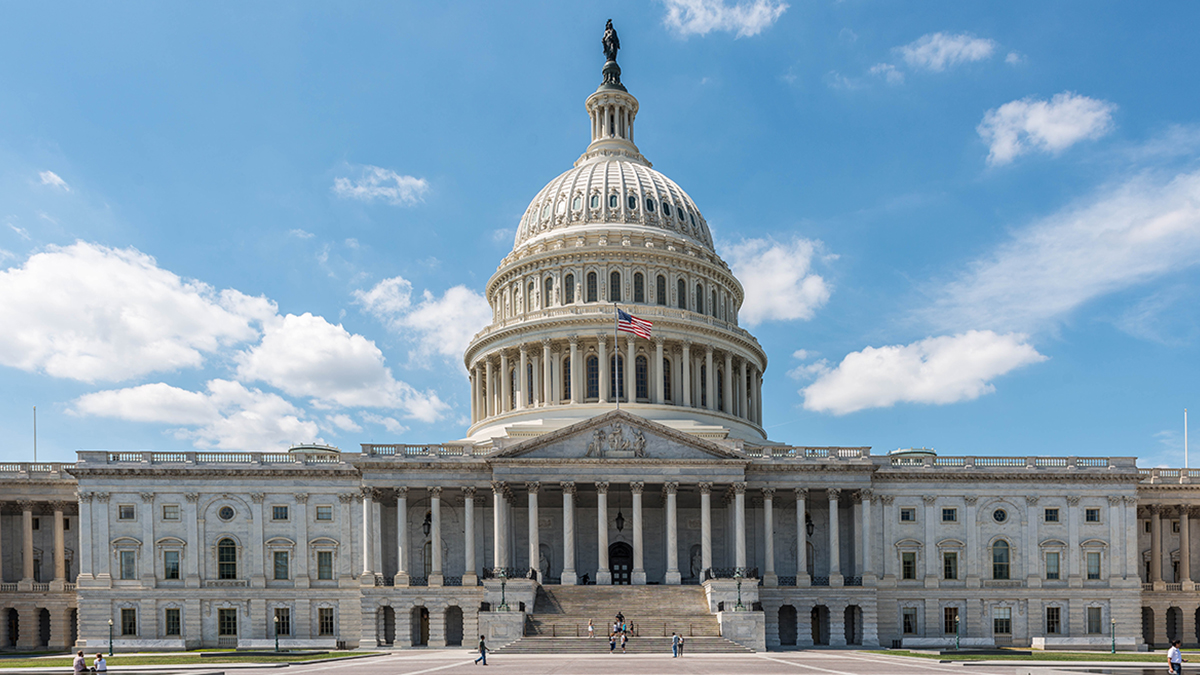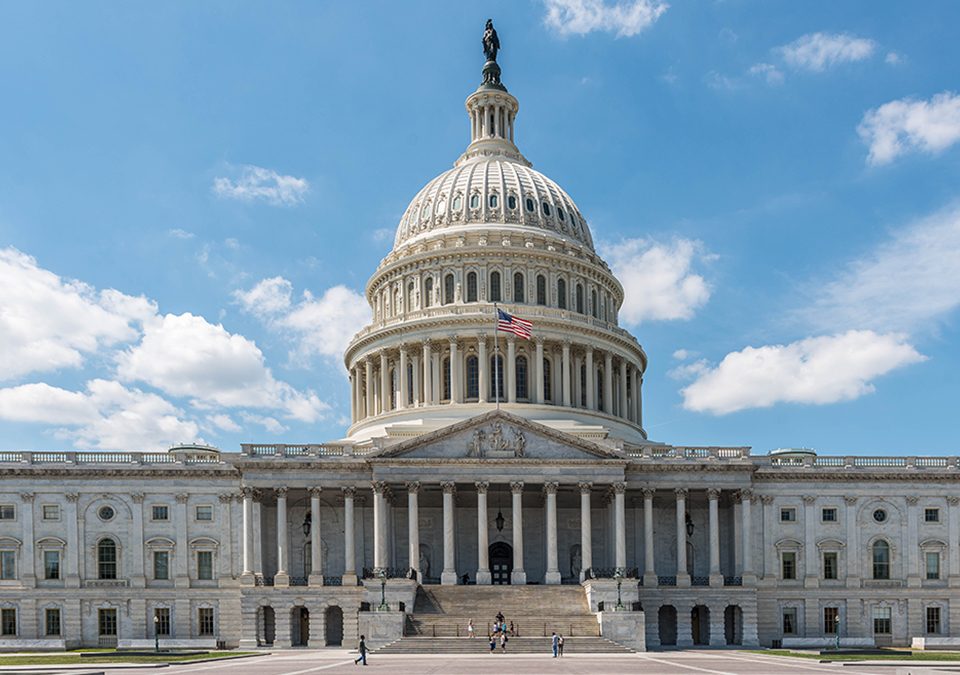IADC recently joined a group of allied oil and natural gas trade associations in signing a letter regarding future permitting reform legislation. The letter was sent on 30 May to the top four leaders in the House and Senate – Speaker Kevin McCarthy, Minority Leader Hakeem Jeffries, Majority Leader Chuck Schumer, and Minority Leader Mitch McConnell.
In the U.S., the process of building a new energy project is particularly complex because there are multiple layers of government that project developers answer to – federal, state, and local. For the federal government alone, there are multiple agencies that need to approve these projects. This complexity creates multiple hurdles in the process and significantly extends the time it takes for a project to begin. Long wait times are a key hurdle to getting new energy projects built, and the aim of energy permitting reform is to cut down the time it takes for these projects to get approved.
Energy permitting reform could be one of the few bipartisan measures to get through Congress this year. Both Democrats and Republicans agree that it takes far too long to build new energy infrastructure in the U.S., with a 5-year average wait time for projects to receive all necessary approvals and permits. There are many different energy permitting bills currently circulating through Congress. There is tremendous opportunity for bipartisan support given the widespread impacts of permitting delays across all facets of the economy. Lawmakers have the opportunity to come together and show the American people that Washington can still accomplish great things when necessary.
The U.S. House of Representatives recently passed a massive permitting package known as The Lower Energy Costs Act (H.R. 1), which signals that permitting reform is a top priority for the new Republican majority. This bill would increase federal oil and gas offshore leasing, change mining regulations for critical minerals, and significantly alter the current federal environmental review process that major projects go through.
As the discussion around permitting reform continues, the coalition of oil and natural gas trade associations seeks to highlight key reforms that would ensure access to reliable, affordable, and environmentally responsible energy, as well as the infrastructure to delivery it.
The following policy priorities are laid out in the letter IADC and other trade associations sent to leaders in the House and Senate:
Resume regular oil and natural gas leasing – Adhere to Congress’s mandated lease sale schedules under the Mineral Leasing Act and Outer Continental Shelf Lands Act; complete a five-year offshore leasing plan; and prohibit moratoria on oil and natural gas leasing.
Establish reasonable environmental analysis – Focus reviews under the National Environmental Policy Act (NEPA) to sensible timeframes with limited scope and page length by analyzing only reasonable alternatives that are within the agency’s authority; technically and economically feasible; and include impacts from the project and not unrelated, hypothetical impacts. Prevent the Biden administration from redirecting the NEPA analysis for a proposed oil and natural gas project to force a renewable replacement project, as the White House Council on Environmental Quality’s guidance suggests.
Return certainty to permitting – Process drilling permits and rights-of-way in a regular, orderly manner and reduce processing time. Adhere to legal processing requirements under the Energy Policy and Conservation Act. Expedite processing time for class VI injection well permitting.
Rein in protests and litigation – Limit filings for judicial reviews of permits, leases, licenses, and NEPA for wells, gathering lines, and pipelines to within 120 days.
Prevent federal encroachment on nonfederal wells – Exempt oil and natural gas wells located on private or state lands from federal permitting if less than 50% of the subsurface energy resources are federal.
Remove the tax on natural gas – The methane emissions tax from the Inflation Reduction Act is an unprecedented double jeopardy, as it taxes emissions regulated under the Clean Air Act as a revenue stream. Further, the Environmental Protection Agency is undergoing four conflicting rule-making processes to implement the tax, which will be nearly impossible to implement, resulting in companies being taxed on a portion of their production, not on an accurate assessment of their actual emissions.
Within these broad guidelines there are numerous provisions that would provide clarity and help restore certainty to permitting in the United States. At the end of the letter, the signers welcome the opportunity to meet any congressional office or committee to discuss these practical solutions in detail.





